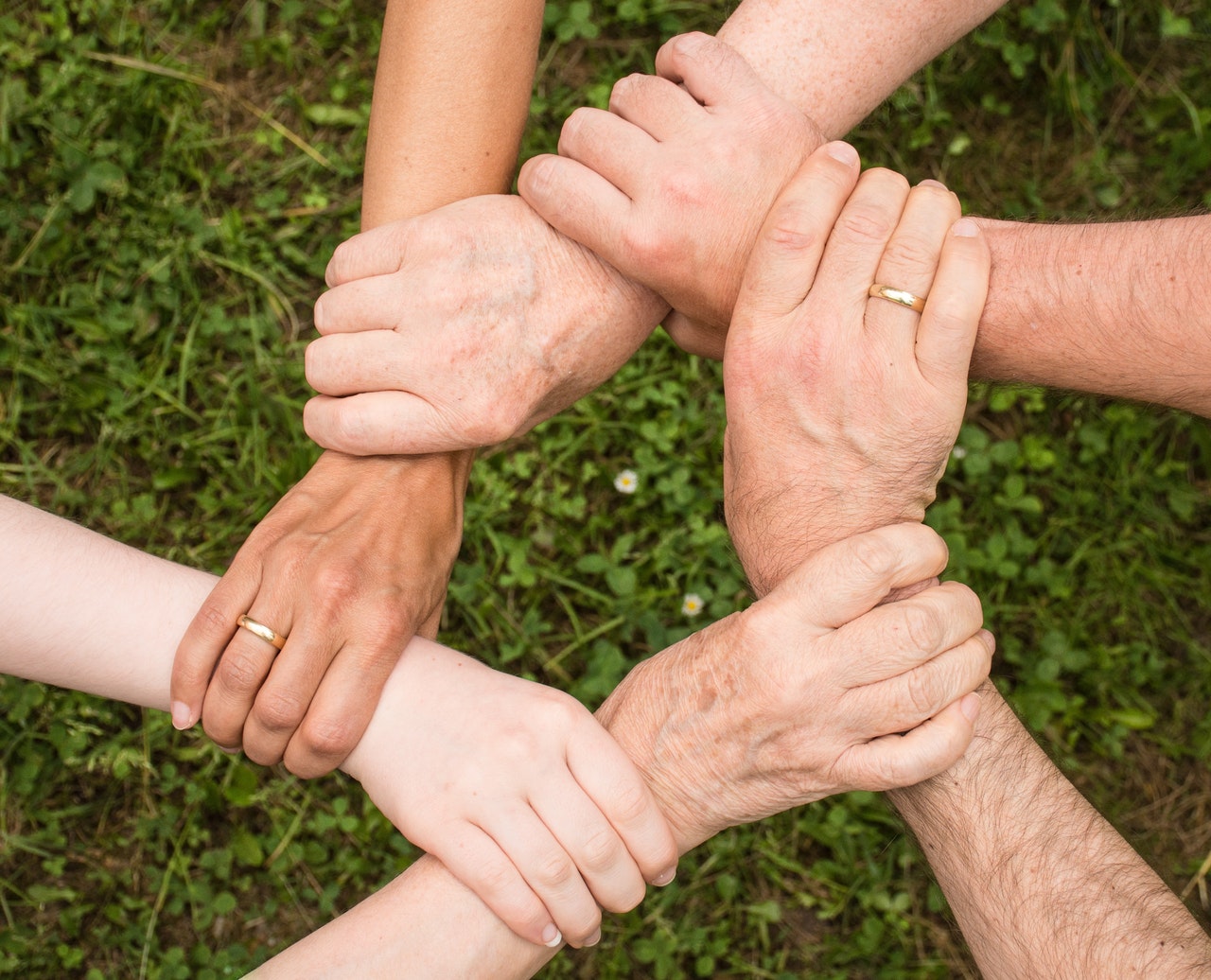Everyday Prophets
When we think ‘prophetic’ we need not always think grandly about public tasks. . . It is the vocation of the prophet to keep alive the ministry of imagination.
― Walter Brueggemann, The Prophetic Imagination
When I hear the word prophet, I often imagine a bearded man shouting out the Truth with a capital T. John the Baptist shouting in the Wilderness, Moses demanding freedom for the Israelites, Amos calling for justice to roll down like waters. While I respect their wisdom and their courage, their witness often leaves me feeling unqualified for such bold action. Still, I want to ask myself how might I practice some aspect of prophetic witness, even as an introverted middle-class American woman living in the 21st century.
Truth Seekers and Tellers
I don’t want to water down the term by claiming that everyone is or will be a Prophet with a capital P. However, I strongly believe that God calls every person to be a truth seeker and truth teller. We are called to find our words and name what is hurtful and unjust, and we are called to move beyond just naming the problem. As Walter Brueggemann points out, being “prophetic” means being called to engage our imaginations. We must envision what the world would look like if we actually practiced our deepest values in concrete, everyday ways. Being prophetic means saying “No” to what is wrong and investing time and energy in creating the future to which we can all say “Yes.”
The good news is that being a loving truth-teller does not necessarily involve shouting (nor does it require being a bearded man). We can embody a prophetic sensibility in our ordinary relationships. There are many examples in the Bible (some who are officially called prophets and those who are not) who use their own unique voice to practice courage and imagination: Shiphrah and Puah – the midwives who refused to kill Hebrew boys (Exodus 1:15-21); the Syrophonecian woman who advocated for her daughter’s healing (Mark 7:24-30); and even Balaam’s donkey who challenges Balaam’s violent actions and his values (Numbers 22:21-39).
Living Examples
These biblical prophets remind me of living examples who make a real difference in their communities, refusing to cave in to cynicism and defeat. That gives me hope that I, too, can find my voice as part a meaningful and authentic movement toward a better future. We can ask courageous questions. We can seek out marginalized voices and move the conversation toward deeper truth. We can listen to the prophetic witness when someone challenges us when we say something offensive, inviting us to imagine ourselves as the person we really want to be.
Engaging with Courage
We need not be Prophets capital P to practice truth-seeking and truth-telling. We can look for what is hurting our communities and speak up. We can ask ourselves important questions like: What truth do I hear others speaking that needs to be amplified? What truth do I know deep inside that needs to be spoken aloud? Where are others already doing good work that I can join or support? The hurt and injustice in the world seems overwhelming. Nevertheless, I want to challenge myself (and all of us) to engage our imagination with courage as we work together to take small steps toward building a compassionate, just community that honors the dignity of all of God’s creation.
 Learn more about the 2020 Radical Hospitality Series.
Learn more about the 2020 Radical Hospitality Series.
Preview all the upcoming retreats and workshops.
Learn more about Kiely Todd Roska.






